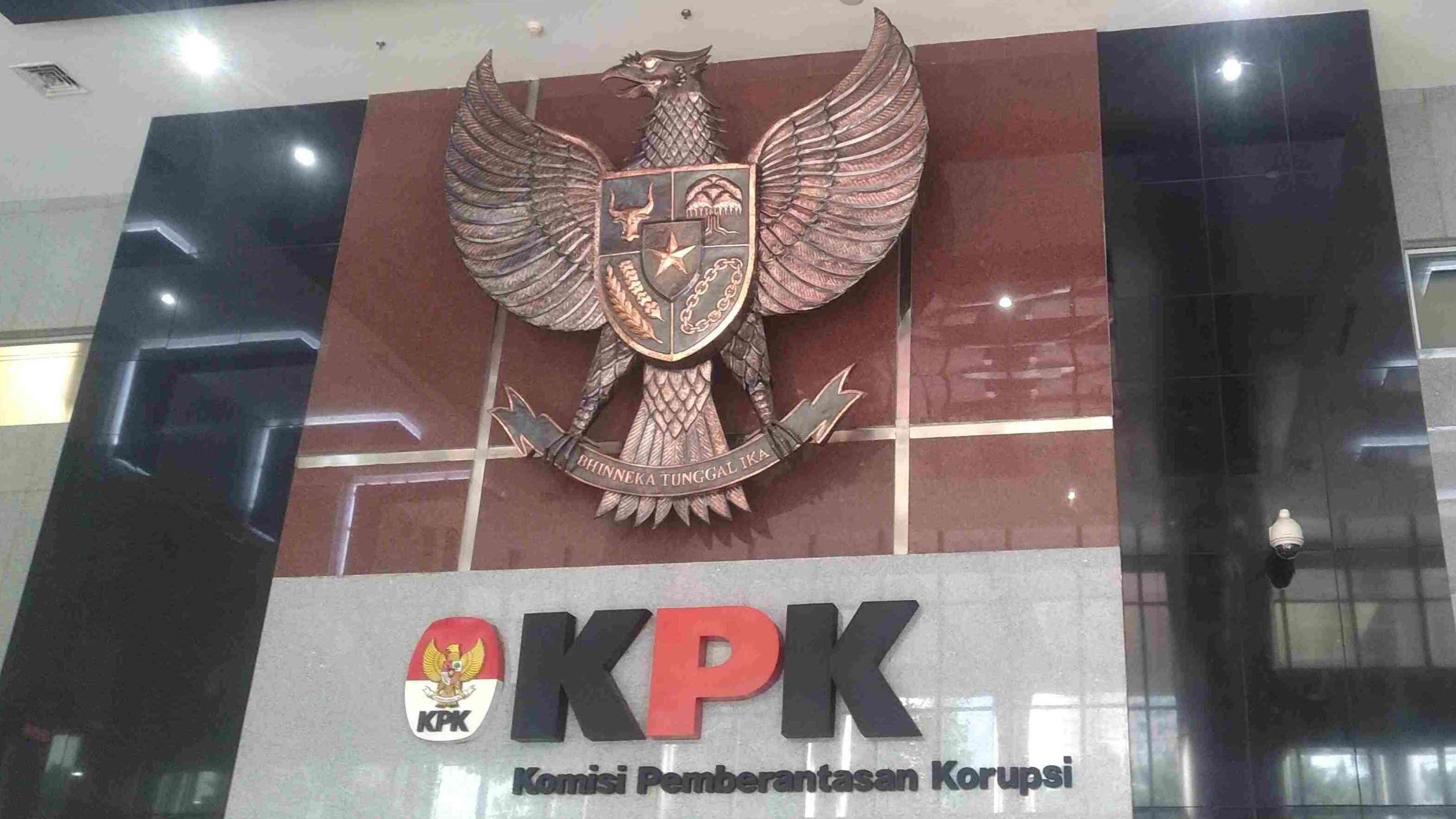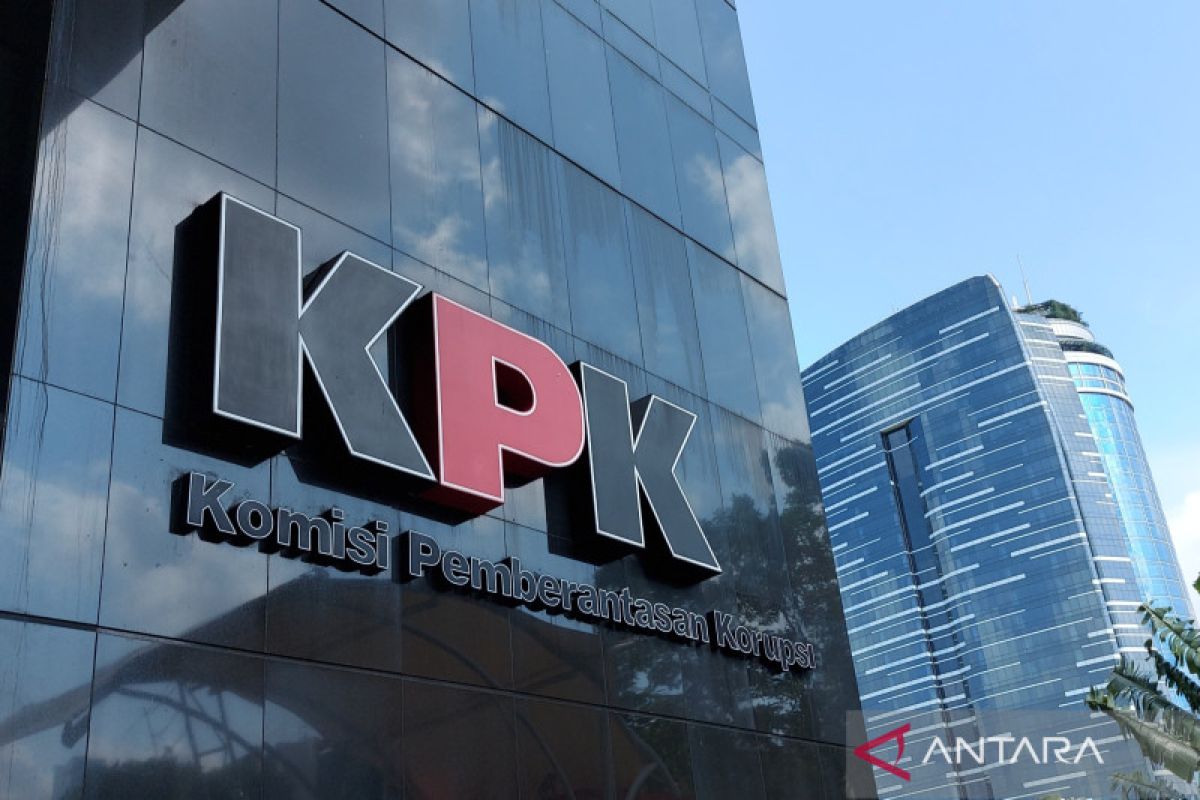
In a recent update, the Komisi Pemberantasan Korupsi (KPK) has made a significant breakthrough by pinpointing a new suspect in a corruption scandal linked to the former Regent of South Buru, Maluku, Tagop Sudarsono Soulissa. This latest development marks a crucial step forward in the ongoing investigation into the alleged corrupt practices that have plagued the region. The KPK’s relentless efforts to uncover and prosecute individuals involved in corrupt activities demonstrate their commitment to upholding transparency and accountability in governance. As the case continues to unfold, the identification of this new suspect brings hope for justice and serves as a reminder of the importance of combating corruption at all levels of society.
Background of the Case

The case originated from evidence presented during a trial at the Corruption Crime Court (Tipikor) at the District Court (PN) in Ambon, revealing alleged bribery linked to multiple projects within the South Buru Regency government. The investigative team has broadened its inquiry, identifying additional individuals as the bribe givers, although their identities remain undisclosed. These suspects will be named publicly as necessary throughout the investigation. Community involvement is encouraged to help uncover the truth behind the corruption allegations, emphasizing the importance of public assistance in the investigative process. The call for collaboration underscores the significance of collective efforts in addressing corruption and promoting transparency within the government.
Legal Actions Taken
:strip_icc():format(webp)/kly-media-production/medias/3915601/original/083534700_1643199178-20220126-KPK_Tahan_Mantan_Bupati_Buru_Selatan-9.jpg)
Tagop held the position of Regent of South Buru for two terms, from 2011 to 2016 and then from 2016 to 2021. However, his tenure was marred by allegations of bribery, gratification, and money laundering. Following a trial at the Tipikor Court in Ambon, Tagop was convicted and sentenced to six years in prison. Additionally, he was fined Rp 300 million, with the alternative being three months of imprisonment. The charges against him were linked to corrupt practices in infrastructure projects in South Buru during his time in office. The Corruption Eradication Commission (KPK) has emphasized its commitment to transparency by providing updates on the investigation process and ensuring that sufficient evidence is gathered before concluding the case.
Public Cooperation

Public cooperation plays a pivotal role in aiding investigators to expose corruption cases that have inflicted harm on society. The active involvement of citizens is imperative in upholding justice and ensuring accountability. The KPK is committed to keeping the public informed with ongoing updates on the investigation, promoting transparency and facilitating the investigative process. By working hand in hand with the community, the KPK aims to strengthen its efforts in combating corruption and holding wrongdoers accountable. The collaboration and support of the public are crucial in this collective endeavor to root out corruption and uphold the principles of integrity and good governance.

Corruption cases like the one involving Tagop Soulissa highlight the importance of accountability and transparency in governance. The efforts of institutions like the KPK and the involvement of the public are crucial in combating corruption and upholding justice.
